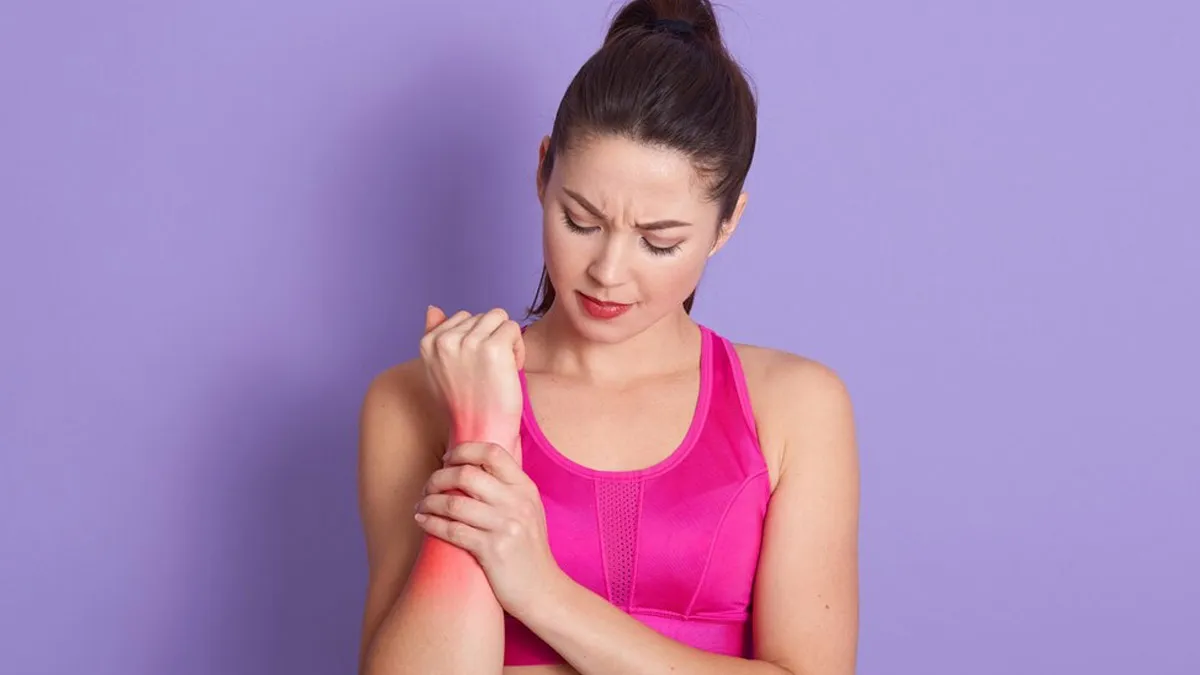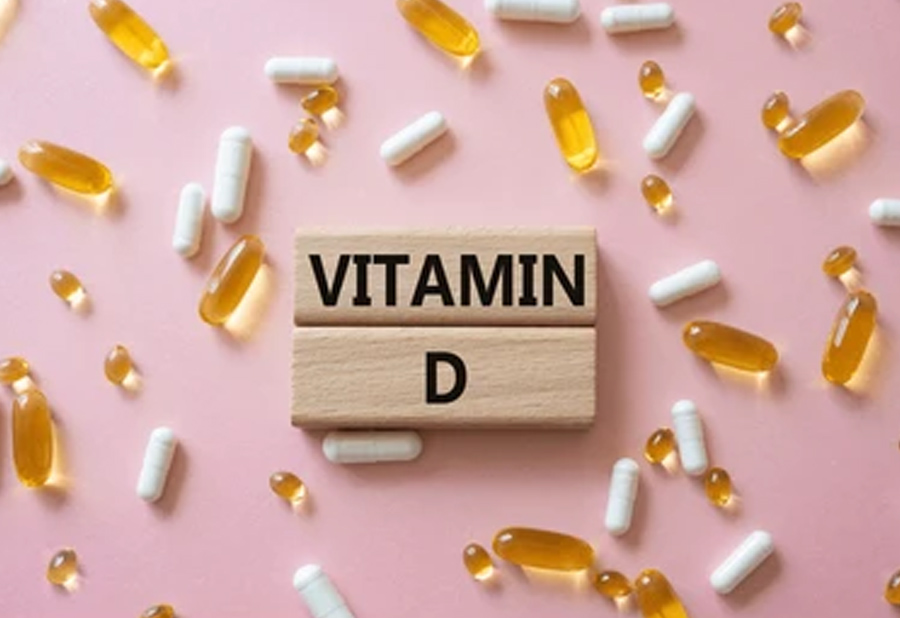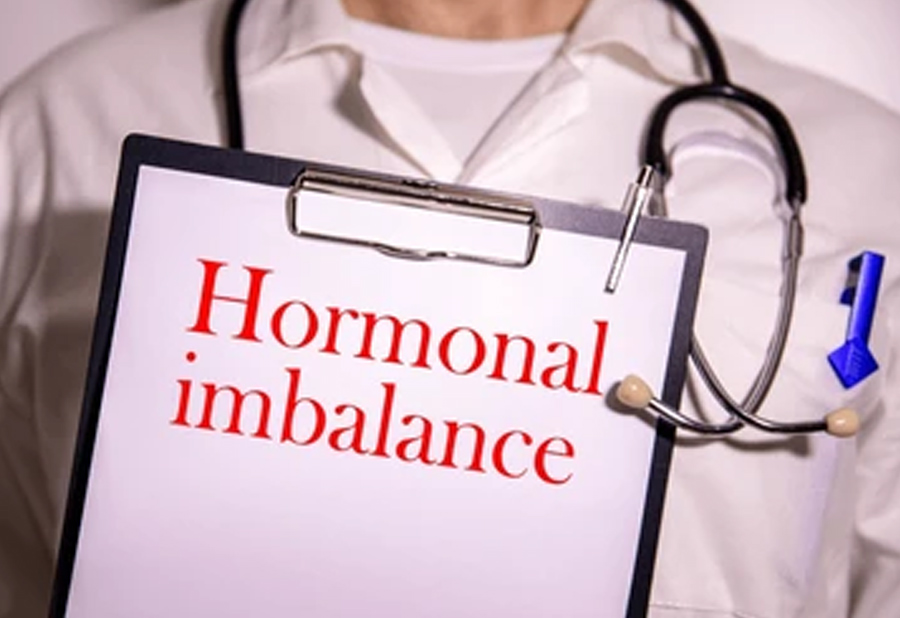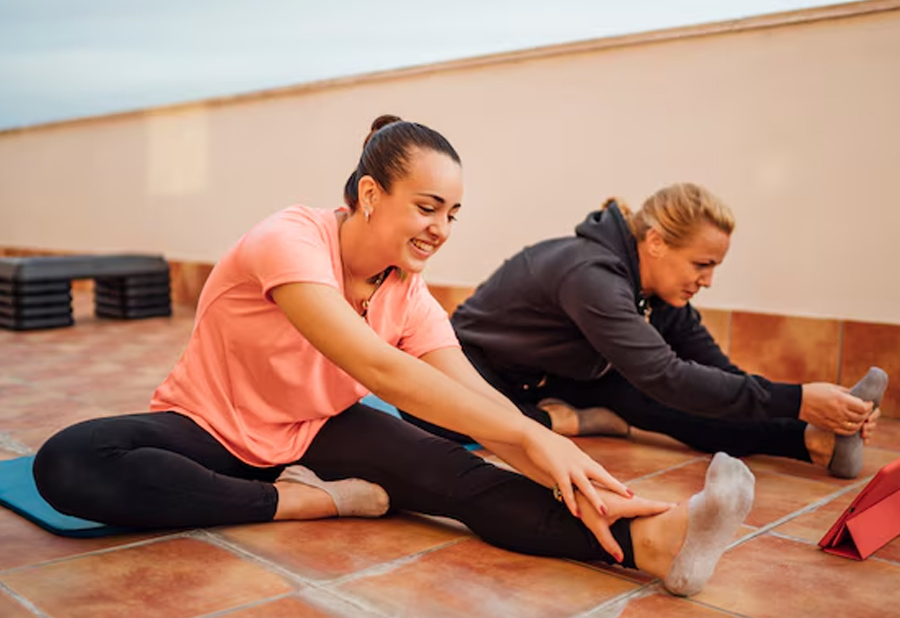
Have you ever thought about your bone health in your 30s? It is easy to assume that weak bones are a concern for later years, but more young adults are now experiencing early bone loss. Long hours of sitting, poor nutrition, and even daily habits like excessive caffeine intake quietly affect bone strength. The good news is that it’s never too late to make changes that protect your bones in the long run.
Table of Content:-
To understand what’s going wrong and how to fix it, we spoke to Dr Venkatesh Movva, Regenerative Orthopedic Specialist and Founder, RegenOrthoSport, Nandagiri Hills, Telangana, who shared key insights on building stronger, healthier bones, starting now.
Cause of Early Bone Loss
"Bone loss usually becomes a concern in the 40- 50s, but recent trends show that younger people are now dealing with weakened bones. Recent studies have found that bone density among young adults has decreased by 10% compared to previous generations," said Dr Movva.
Here’s what’s behind this alarming trend:
Sitting Too Much and Moving Too Little

"Bones need movement and stress to stay strong. In the past, people were naturally more active in their daily lives, but today, long hours of sitting, excessive screen time, and a lack of physical activity are taking a toll," added Dr Movva.
A study published in Endocrine found that physical activity can attenuate the excess mortality risk from prolonged sitting among individuals with osteoporosis and/or osteopenia.
What to do: Add weight-bearing exercises like walking, running, or resistance training to your routine. Just two sessions of strength training per week can significantly improve bone density.
Also Read: Sitting Too Much? Orthopaedic Shares How It Leads to Osteoporosis, Arthritis, and Joint Pain
Poor Nutrition and Calcium Deficiency
Strong bones depend on calcium, vitamin D, and magnesium, but many people’s diets lack these essential nutrients. Processed foods have replaced whole, nutrient-rich meals, leading to deficiencies. A study published in Nutrients found that 53% of females and 48% of males had calcium intakes below the estimated average requirement.
What to do: Eat more dairy, leafy greens, nuts, and fortified foods. Adults need at least 1,000 mg of calcium daily, but most aren’t getting enough.
Vitamin D Deficiency

Vitamin D is crucial for calcium absorption, yet deficiencies are widespread. With more people working indoors and avoiding direct sunlight, vitamin D levels have dropped dramatically.
- According to a 2020 study, 490 million people had vitamin D deficiency in India.
- In young adults, vitamin D deficiency leads to an increased risk of stress fractures. For instance, a 2021 study found that individuals with 25(OH)D levels below 75.8 nmol/L had a higher risk of stress fractures.
What to do: Get at least 15–30 minutes of sunlight daily and eat vitamin D-rich foods like fatty fish, eggs, and fortified dairy products.
Also Read: How To Naturally Improve Bone Density? Top Tips
Too Much Caffeine and Alcohol
"Many people rely on coffee to stay energised and alcohol to unwind, but both can weaken bones.
Caffeine can reduce calcium absorption, and drinking more than three cups of coffee daily may lower bone density. Heavy alcohol consumption slows down bone formation and increases the risk of fractures by 30%," explained Dr Movva.
What to do: Reduce caffeine and alcohol consumption while ensuring your diet includes enough bone-supporting nutrients.
Stress, Hormonal Imbalances, and Bone Health

Chronic stress raises cortisol levels, which can weaken bones over time. Hormonal imbalances, especially in women, play a role in early bone loss.
- Women with irregular periods or low estrogen levels are at higher risk of bone loss.
- Conditions like Polycystic Ovary Syndrome (PCOS) and thyroid disorders are linked to decreased bone density.
What to do: Manage stress through exercise, meditation, and quality sleep. Women should monitor their hormonal health regularly.
Expert Perspective on the Growing Bone Health Crisis
Dr Movva emphasises the importance of proactive care. He said, "We often associate bone loss with ageing, but the reality is that lifestyle choices in our 20s and 30s lay the foundation for long-term bone health. Poor nutrition, lack of exercise, and stress accelerate bone loss much earlier than expected."
Highlighting the importance of early detection, he added, "Many people don’t realise they have weak bones until they experience a fracture or persistent pain. Regular checkups, including bone density scans when necessary, are crucial. Prevention is always easier than treatment," he added.
What Can You Do to Protect Your Bones?

- Stay Active: Incorporate weight-bearing exercises into your routine.
- Eat a Nutrient-Rich Diet: Prioritise calcium, vitamin D, and magnesium.
- Get Enough Sunlight: Aim for daily sun exposure.
- Limit Caffeine and Alcohol: Reduce intake to support bone strength.
- Manage Stress: Practice relaxation techniques and monitor hormonal health.
[Disclaimer: This article contains information provided by an expert and is for informational purposes only. Hence, we advise you to consult your professional if you are dealing with any health issue to avoid complications.]
Also watch this video
Read Next
Guillain-Barré Syndrome And Paralysis: Expert Explains Why It Happens And How Recovery Is Possible
How we keep this article up to date:
We work with experts and keep a close eye on the latest in health and wellness. Whenever there is a new research or helpful information, we update our articles with accurate and useful advice.
Current Version
